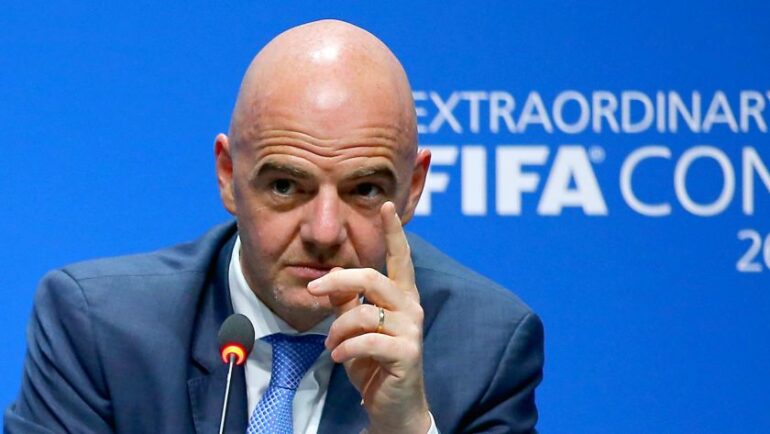Fifa is turning a blind eye to strange events in Kenya. Is it because the reigning FA president Nick Mwendwa is an ally of Gianni Infantino?
By Philippe Auclair
The ongoing dispute between Fifa and the Trinidad & Tobago Football Association (TTFA) shows one thing: that so-called ‘normalisation committees’ are one of the most powerful tools – some would say 'weapons' - at the disposal of Fifa.
A letter sent from Fifastrasse 20, Zürich, is all it takes to suspend an existing administration and to replace it with a 'normalisation committee', as the board of the TTFA found to its cost, when Gianni Infantino's close friend Véron Mosengo-Omba, Fifa's Director of Development for Africa and the Caribbean, decided to intervene against the newly-installed regime for reasons which, seen from the outside, remain as baffling as ever.
BECOME A PATRON AND SUPPORT JOSIMAR’S JOURNALISM. CLICK HERE.
TTFA President William Wallace and his group had only been in charge of TTFA affairs since late November 2019, and had fully cooperated with Fifa since, but this made no difference. Could it be that the swiftness and decisiveness of Fifa's action had something to do with the fact that the new TTFA administration had ousted one of Gianni Infantino's earliest and strongest allies in the region? David John-Williams had been the first Caribbean leader to support Infantino's presidential campaign in 2016. Infantino had unequivocally supported John-Williams's bid for re-election in 2019. But John-Williams had been defeated.
Conversely, and paradoxically, the potency of the normalisation ...



